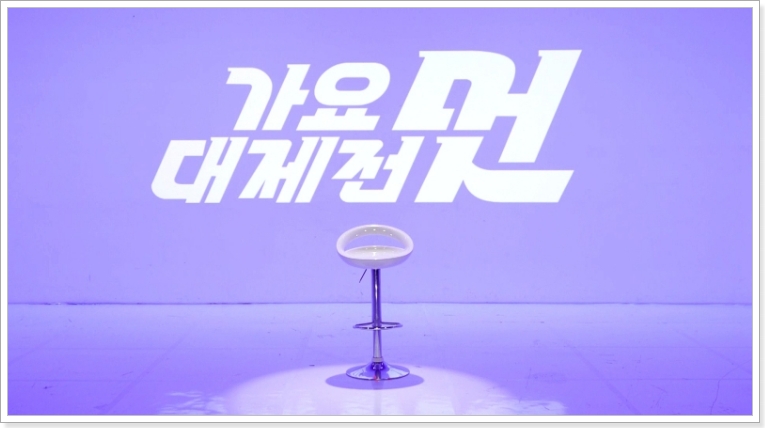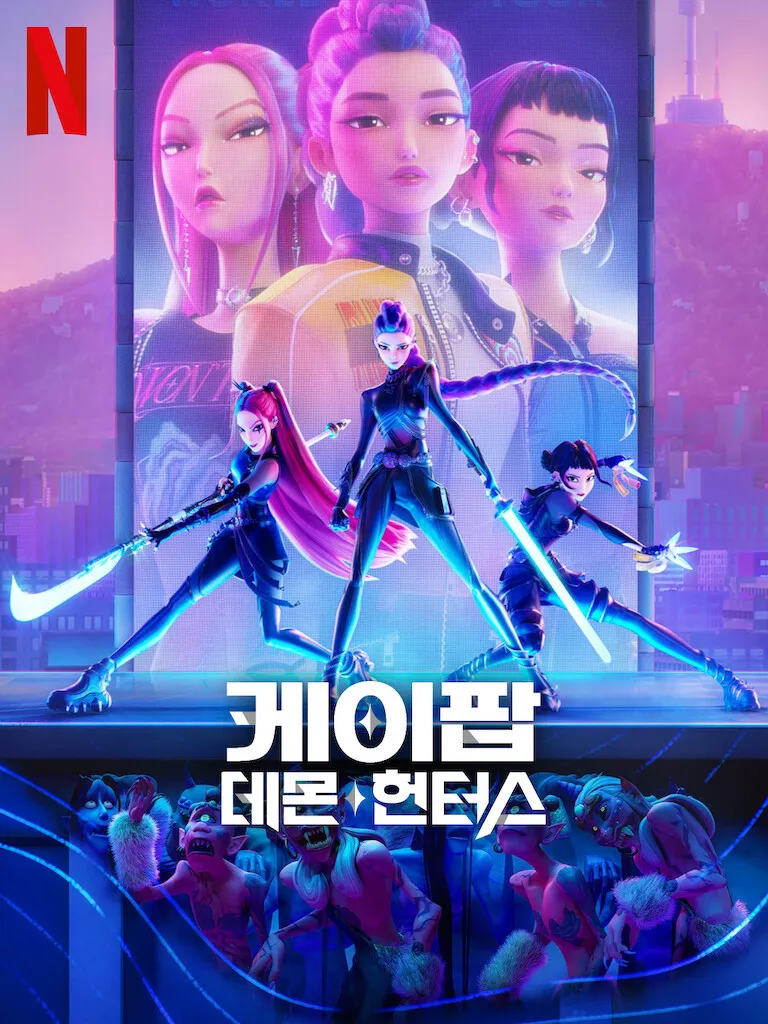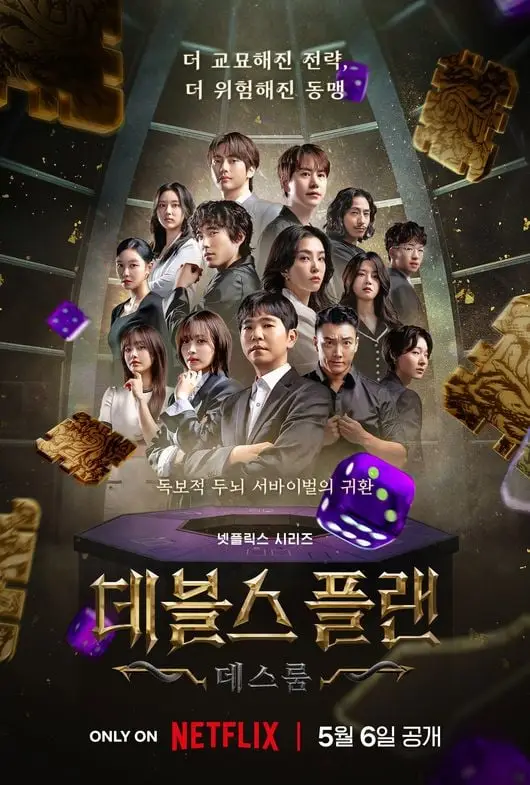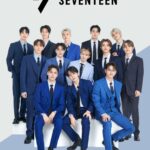Now Reading: K-pop Court Ruling: Idol Breaks Free from Billion-Won Slave Contract
-
01
K-pop Court Ruling: Idol Breaks Free from Billion-Won Slave Contract
K-pop Court Ruling: Idol Breaks Free from Billion-Won Slave Contract
Shocking K-pop Court Ruling: Idol Breaks Free from Billion-Won Slave Contract
A sensational court decision has rocked the K-pop world! In a rare legal victory, an idol has shattered the chains of an alleged K-pop slave contract, exposing dark industry secrets and setting a new precedent.
1. Idol’s Dream Turns Nightmare Over a Scandalous “Debt Memorandum”
For idol ‘A’, making a comeback as a 28-year-old rookie wasn’t just ambition—it was survival. But after a private encounter in early 2023, his agency ‘B’ forced him to sign a monstrous “debt memorandum” obligating him to repay billions of KRW. The memo, delivered just days after the incident, demanded compensation for everything—album costs, promotional fees, and even penalties dictated at the agency’s whim. If unpaid? His family would be liable. This wasn’t a contract; it was a noose.
Hankyoreh English 2024
2. Brutal Contract Clauses That Crossed the Line
The document, signed in desperation, was chilling. It didn’t just target Idol A’s earnings—it reached into his family’s future. It exemplified the predatory essence of the K-pop slave contract, a term critics use to describe exploitative, one-sided deals that silence and financially bind idols under immense pressure to obey.
3. A Legal Victory That Shook the Industry
On August 2024, Judge Kim Noa of the Seoul Central District Court delivered a bombshell verdict: the “debt memorandum” was declared null and void under Article 104 of the Civil Act, citing “unfair legal acts.” The ruling emphasized that Idol A’s private life—particularly a consensual adult encounter—did not violate any criminal law or public reputation obligations in his contract.
4. Court Slams Exploitation of Desperation
The court didn’t mince words: Agency B knowingly exploited A’s vulnerable position. As an older idol with a failed debut behind him, he was desperate to stay in the spotlight. Judge Kim recognized this imbalance of power and struck down the agency’s claim for 200 million KRW in damages, ordering the company to bear all litigation costs.
The Korea Times 2023
5. A Rare Win Against the K-pop Slave Contract Culture
This landmark case is more than a personal victory—it’s a seismic signal to the entertainment world. It highlights that private conduct, unless criminal or publicly scandalous, cannot be weaponized to extort artists. It’s a bold stand against the toxic culture of financial control in Korean idol management.
6. What the Civil Act Really Says
Article 104 of Korea’s Civil Act is rarely invoked in entertainment lawsuits. But Judge Kim’s ruling reaffirms that contracts built on extreme imbalance—like forcing a young artist to accept multi-billion KRW penalties without negotiation—are inherently unjust and unenforceable.
7. Media Silence Strengthened the Idol’s Case
Interestingly, the fact that the incident never made headlines worked in A’s favor. Since no scandal was publicized, the court deemed that his career hadn’t actually suffered public disgrace. The “duty to maintain dignity” clause could not be triggered by rumors or internal claims alone.
8. Idol’s Age Used Against Him—Until the Court Intervened
Being 28 in idol years is often seen as a liability. Agency B used this to pressure A into signing quickly. But the court saw through the manipulation, noting how the company preyed on his career urgency to impose financial bondage.
9. Idol Culture at a Crossroads
This case could spark broader changes in how agencies craft and enforce exclusive contracts. While some progress has been made since the early 2010s, industry observers warn that such abusive clauses still lurk in fine print, disguised as “performance protection” mechanisms.
10. The Global Spotlight Is Watching
With K-pop’s global dominance, how Korea treats its idols is no longer a domestic matter. International fans and human rights groups are watching. This ruling sends a loud, clear message: K-pop slave contracts are not above the law.
Can You Believe It? Idol Ordered to Pay Billions for a Private Night Out
That’s right—an off-duty evening nearly cost him his career and financial future. But justice prevailed.
| Case Detail | Outcome |
|---|---|
| Incident | Private encounter, Jan 8, 2023 |
| Agency Action | Debt memorandum issued Jan 15 |
| Damages Claimed | ₩200 million (approx. $145,000) |
| Court Verdict | All claims dismissed, memo voided |
Step-by-Step Guide
- Know your contract terms before signing.
- Seek legal counsel before agreeing to penalties.
- Report coercive behavior to labor boards or watchdogs.
- Document all agency communications.
Common Mistakes to Avoid
- Signing under pressure without legal review.
- Believing private behavior is always grounds for penalty.
- Ignoring legal options after contract termination.
FAQ
Q1. What is a K-pop slave contract?
A. It refers to exploitative contracts that severely limit idol freedom, often with unfair penalties and long-term clauses.
Q2. Can private conduct void an entertainment contract?
A. Only if it causes measurable harm or violates criminal law; courts won’t enforce overreach.
Q3. Can agencies sue idols for public image harm?
A. They can try, but success depends on whether public reputation was genuinely damaged.
Q4. What laws protect Korean entertainers?
A. Civil Act Article 104, Labor Standards Act, and Fair Trade Commission guidelines.
Q5. Will this ruling change future idol contracts?
A. It’s likely. Agencies now face legal pushback for coercive practices.
Expert Insight
“This ruling reasserts that dignity clauses must not be twisted into tools for control. It sets a new standard for fairness in the K-pop world.” — Prof. Kim Yoon-jung, Entertainment Law, Korea University






























